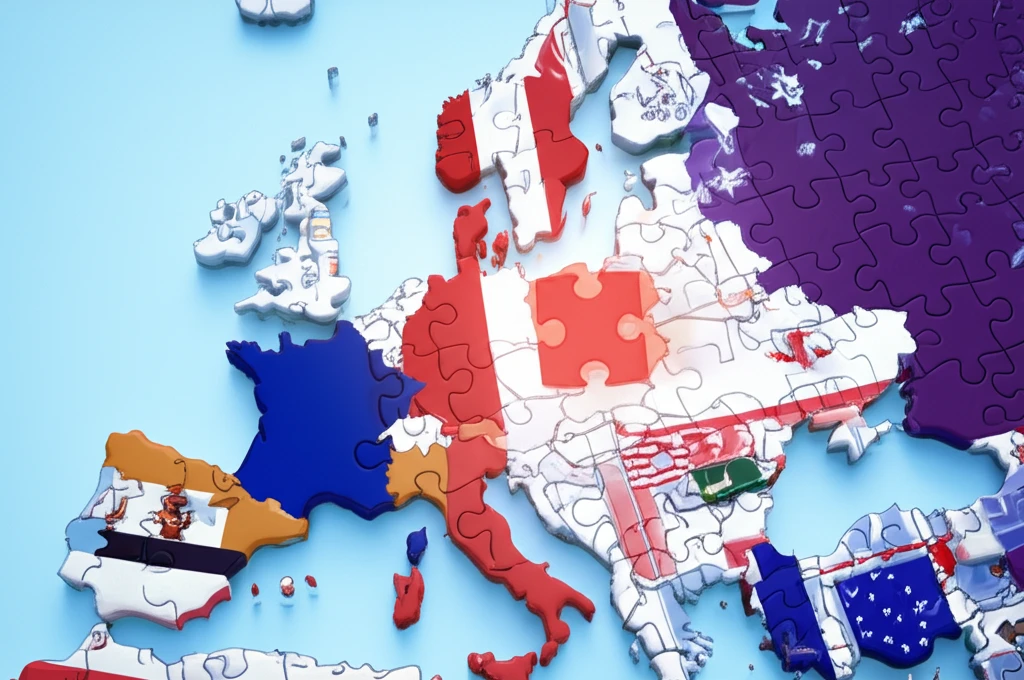
Europe's Stateless Nations: Navigating Autonomy, Identity, and the Future of the EU
"Can regional nationalism and European integration coexist? Examining the complex interplay of stateless nations, regional autonomy, and the drive for sovereignty within the European Union."
The European Union, often hailed as a beacon of integration and cooperation, presents a unique paradox: while striving for unity, it encompasses diverse regions with distinct national identities but without statehood. These "stateless nations," such as Catalonia, Scotland, and Flanders, seek varying degrees of autonomy and, in some cases, outright independence. This creates a complex dynamic that challenges the EU's core principles.
The treaties that underpin the EU aim to foster collaboration while respecting the national identities of member states. But how does this framework accommodate the aspirations of regions that consider themselves nations yet lack a sovereign state? Understanding this delicate balance is crucial for the future stability and cohesion of the European project.
This article delves into the legal and political dimensions of stateless nations within the EU, examining the opportunities and limitations they face, and the challenges the EU faces in balancing regional autonomy with the uniform application of its laws. It explores whether these regional movements represent a threat to European unity or a potential catalyst for a more inclusive and diverse future.
What are Stateless Nations and Plurinational States? Unpacking Paradoxical Terms

The concept of a "nation" is complex, especially within constitutional law. Many states, whether unitary or federal, equate a nation with a state, implying a relationship of congruence. This is the well-known theory articulated by Carré de Malberg, where a nation only becomes a person through state organization. The state, likewise, can only form a person through the nation. Ultimately, the terms nation and state are two sides of the same coin.
- Ethnolinguistic Distinctiveness: A shared language, culture, and historical narrative that sets the region apart.
- Desire for Self-Governance: A collective will to maintain their unique identity and institutions, often expressed through calls for greater regional autonomy or even full independence.
- Sub-State Identity: A sense of belonging and shared destiny that exists within the region, separate from the broader national identity of the state in which they reside.
Navigating the Complex Terrain: A Call for Moderation and Dialogue
The relationship between stateless nations and the EU is a delicate balancing act. While these regions have legitimate aspirations for autonomy and recognition, they must also operate within the framework of a united Europe. A path forward requires moderation, dialogue, and a commitment to finding solutions that respect both regional identities and the overall integrity of the European project. The future of Europe may well depend on how effectively it addresses the challenges and opportunities presented by its diverse array of stateless nations.
